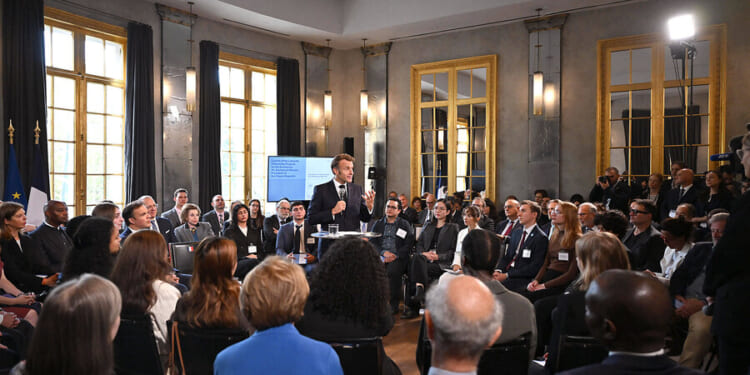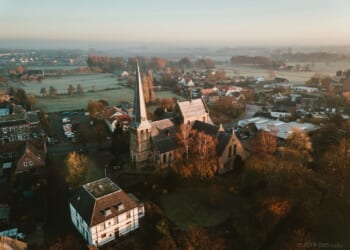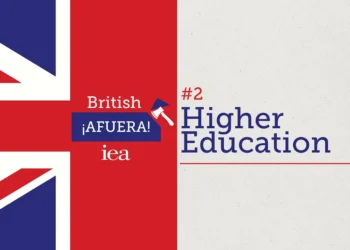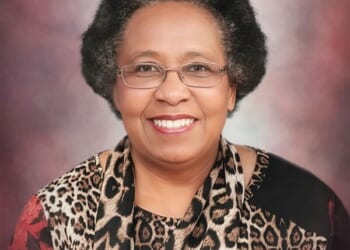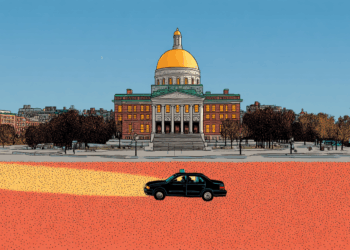This week’s United Nations gathering underscored the many points of common interest as well as contention in global relations today. The leaders of longtime allies France and the United States, for example, agree on the need for Europe to fund and strengthen its defense capabilities. But when it comes to the war in Gaza, Russian President Vladimir Putin, and climate change … c’est complique. It’s complicated.
Increasingly, however, international relations are not entirely dependent on who is in power. With affordable air travel and extensive online connectivity, relationships among individuals – academics, scientists, artists, ordinary citizens – are ever easier to form. And they are often more elastic and enduring.
French President Emmanuel Macron is counting on this. On Tuesday in New York, he unveiled the Lafayette Fellowship program. Named after the French nobleman who fought in the American Revolution under Gen. George Washington, the program will bring 30 “outstanding” U.S. students to a top French university each year, to be immersed in “European innovation, culture, and policy.”
“This fellowship is based on trust and youth,” Mr. Macron said. Referring to the thousands of Americans who fought alongside French troops in two world wars, he spoke of “a new generation of Americans crossing the ocean, not to wage war … but to invent a future together.”
In these aims, Mr. Macron is not alone. For decades, the United Kingdom’s and Germany’s Marshall fellowships, as well as the University of Oxford’s Rhodes Scholar program, have had similar goals. So has the U.S. Fulbright fellowship, described as “a modest program with an immodest aim” – that of peace. Sen. J. William Fulbright (a Rhodes scholar himself) believed that exposing young people to different cultures and viewpoints would in the future enable them to “exchange ideas instead of bullets.”
Shared ideas and interests can help transcend nationalistic and cultural divides. For instance, India’s Bollywood movies have a large fan base in neighboring Pakistan. And North Koreans have been willing to risk punishment to watch South Korean TV shows.
But deeper political tolerance and trust benefit from intentional, direct dialogue and collective discovery. In June, academics, students, and diplomatic representatives attended a “knowledge diplomacy” workshop in Paris. The University of London, one of the event’s sponsors, is studying the diplomacy that “happens in the quiet spaces of academic life.” Such connections, one participant said, “survive political turbulence because they’re built on shared intellectual curiosity rather than political calculation.”
Former U.S. astronaut Joseph Allen offers an even wider perspective, drawing parallels between his experiences as a Fulbright scholar in Germany and flying (twice) on the space shuttle.
“Both,” he has said, “expand and change dramatically one’s view of the world.”

